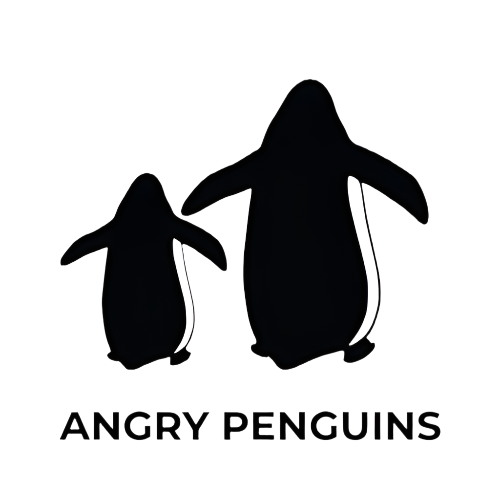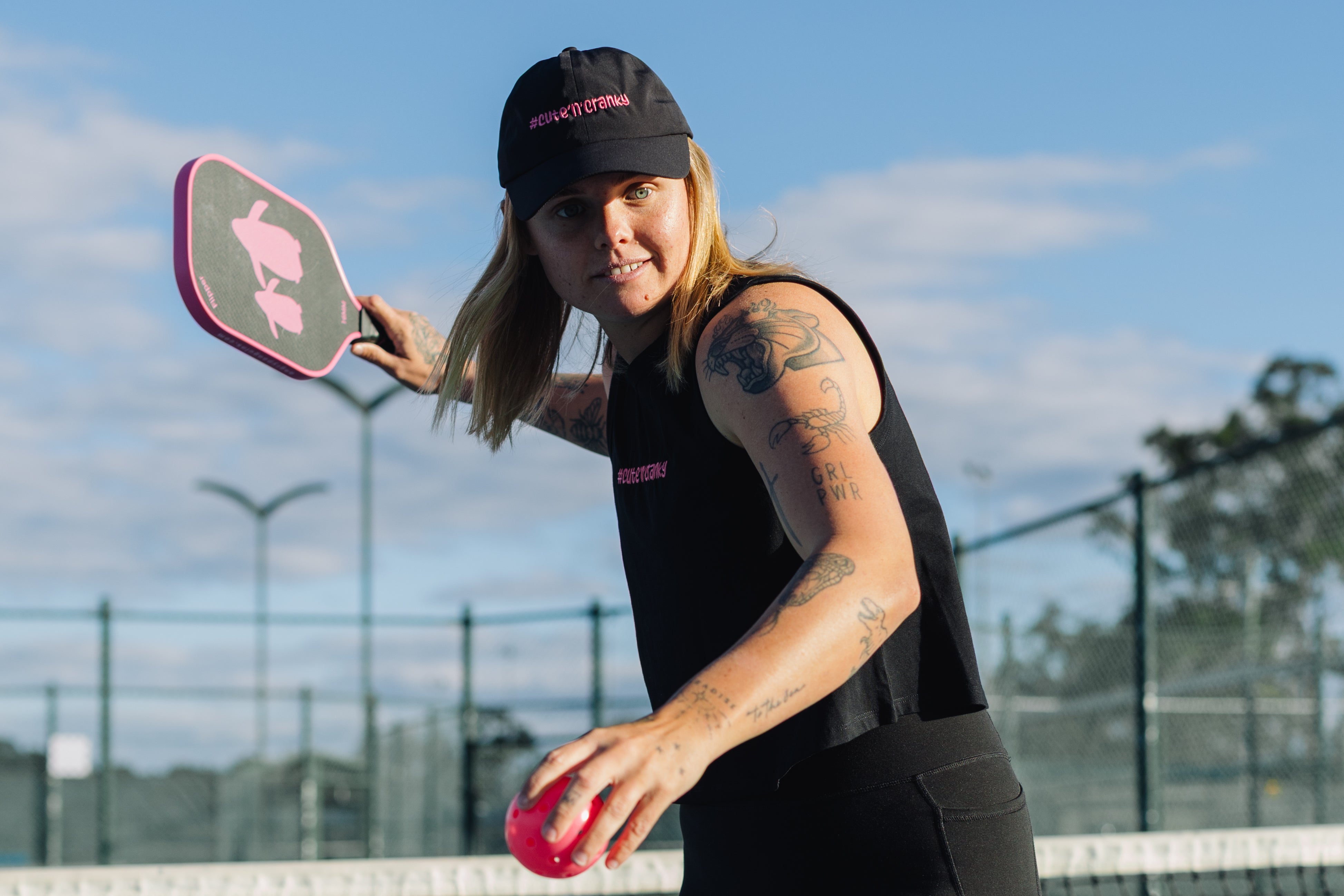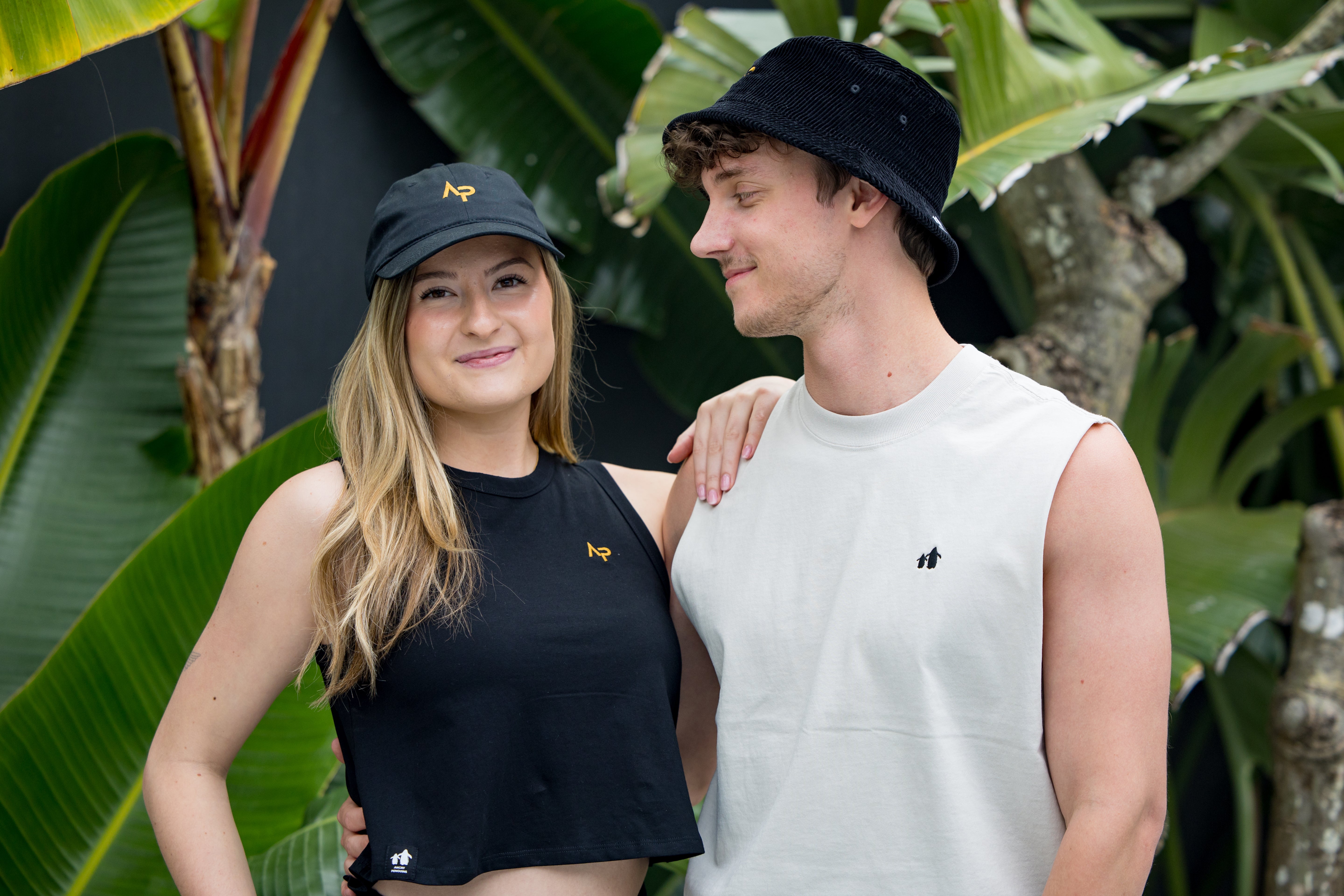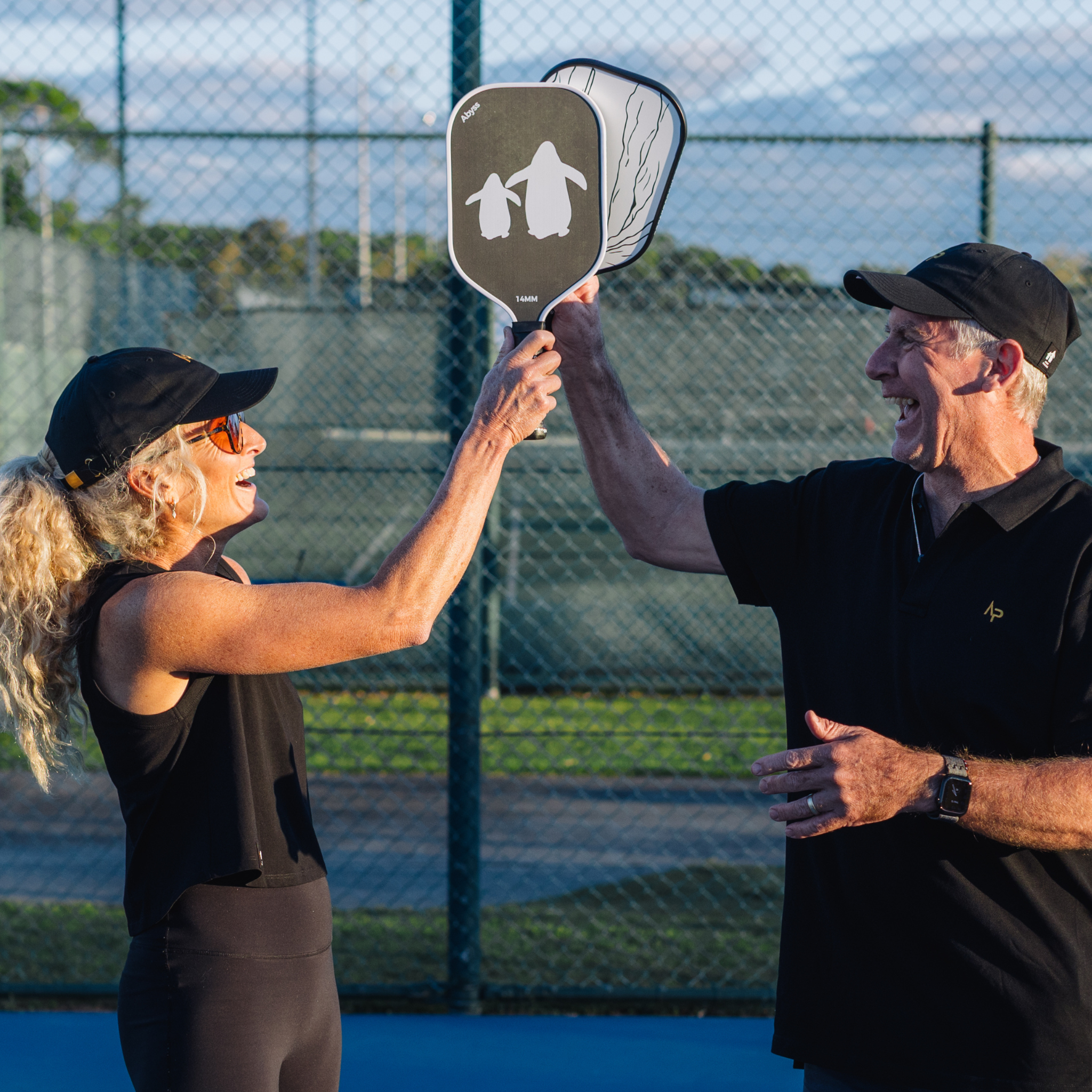Article: Not playing for sheep stations
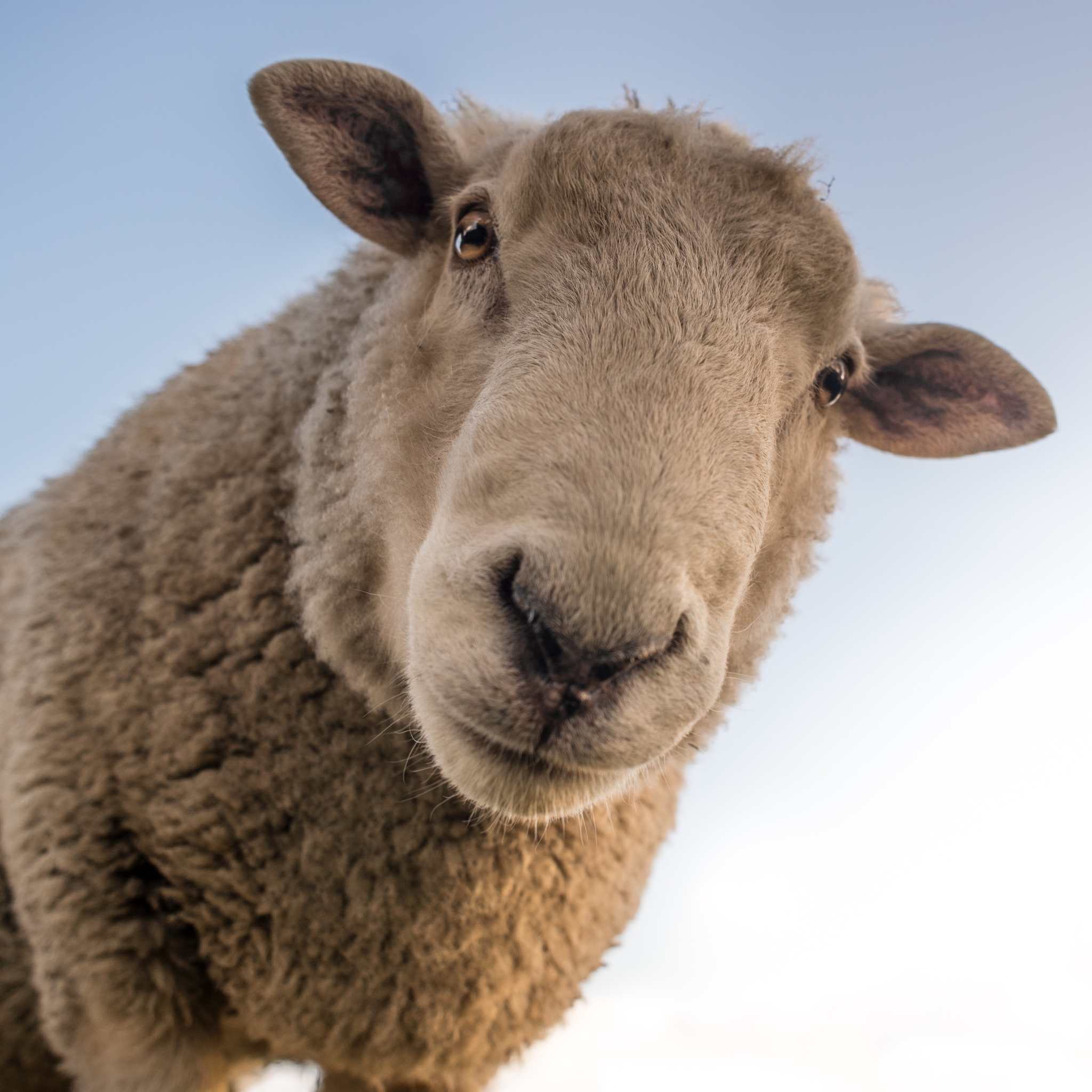
Not playing for sheep stations
— Lessons from the Pickleball Court That Go Beyond the Game
I’ve spent most of my life around competitive sport—playing it, working in it, analysing it, and promoting its power to connect people and transform lives.
But lately, something unexpected is happening.
I’ve started playing pickleball during the day, mostly with seniors. And while I turned up expecting to enjoy the exercise, what I didn’t expect was to be handed a far more valuable lesson—one that’s quietly changing how I think, move, and show up in life.
Let me explain.
Even though I’m new to the game, my sporting background means I expect a lot from myself. When I miss a shot, I feel frustrated. I know what I should be doing, and it can feel maddening when my body doesn’t execute what my mind still believes it can.
More than once, after a poorly timed swing or a missed return, I’ve muttered something under my breath—only to hear a kind voice from across the net: “Don’t be hard on yourself—we’re not playing for sheep stations.”
I nodded with a smile. But it was a chat with another player that really landed.
“None of us are getting any younger. We’re not likely to get back to our sporting best. We are all getting slower, stiffer, and sorer. All we have really got… is the chance to have more fun.”
This was my uh ha moment ............because while I’ve spoken for years about the importance of sport for fun, connection, and wellbeing, I realised—deep down—I was still striving for results. Still trying to perform. Still judging myself on outcomes, not experiences.
But what if joy is the outcome?
What if mis-hits don't matter, but having fun, making new friends, and letting go of ego is the ultimate new skill to master?
This quiet but powerful reframe—that we’re not meant to get back to who we were, but learn to embrace who we’re becoming—has opened up something new for me.
A freedom to just be.
A permission to play. A reminder that we can still learn new tricks—like how to relax, how to connect, and how to not care so much about the result.
I’m still working on it. It’s not easy unlearning years of competitiveness and expectation. But it’s one of the most liberating lessons I’ve ever received—on or off the court.
So here’s to playing, not performing. To moving, not measuring. And to all the “old dogs” out there, learning new tricks—with a paddle in hand, a smile on your face, and nothing to prove.
